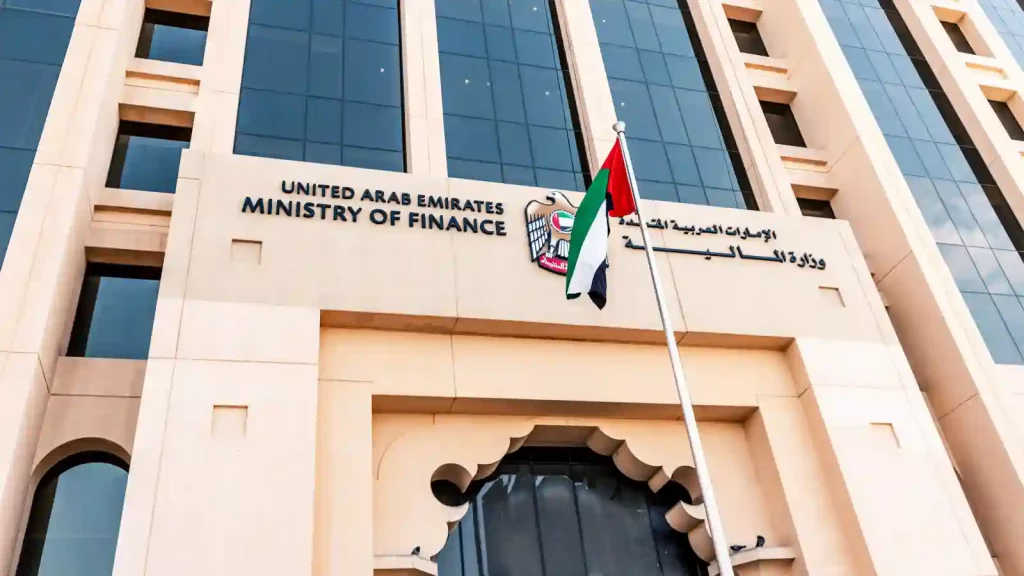Implementing a 9% corporate tax on profits gathered by firms within the UAE is estimated to bolster the government’s finances. The solidification of the administration’s funds reflects the sovereign credit standing of the federal and individual emirates’ governments.
Although the federal government is yet to declare the elixir for the revenue dissemination amongst individual emirates, analysts estimate the revenue share from the new tax will augment the finances of individual emirates.
The rating agency, Moody’s, stated that the new-fangled tax would extend the revenue foundation for the federal government and, most likely, the individual emirates. As a result, UAE’s corporate tax will resonate with the overall approach to dispensing VAT receipts – denoting a new source of revenue in addition to license fees, volatile land sales, and service fees.
An additional source of government revenue and enhanced versatility from oil is vastly estimated to safeguard the financial strength from unpredictability in oil rates.
Noteworthy fiscal reform in the UAE
Moody’s stated that UAE’s implementation of the corporate income tax is the most substantial financial reform since 2018.
Merely Oman in the Gulf Corporation Council has a corporate profit tax applicable to business enterprises possessed by citizens and foreigners alike. Most other GCC countries levy corporate taxes on foreign firms except for Bahrain.
The UAE economy has reserved strong credit ratings amidst the prevalent economic crisis triggered by the COVID19 pandemic and the consequential failure of oil rates.
Fitch Ratings has held a long-term foreign-currency issuer default rating (IDR) at ‘AA-‘ with a steady outlook reflecting reasonable combined public debt standards, strong disposable external asset position, and surging GDP per capita. Moody’s has allocated a sovereign rating of Aa2, reflecting substantial credit value.
The UAE federal government has accumulated USD 4 billion in its debt capital market entrance with deals of more than USD 22.5 billion, an oversubscription of 5.6 times. This is the firm time the UAE accomplished finances at a federal level. The bonds were distributed in three transactions with 10-, 20-, and 40-year tenures at a snugger range of the pricing band. The 10-year faction contained USD 1 billion at 70 basis points (bps) over US Treasuries (UST), USD 1 billion in 20-year bonds at 105 basis points over US Treasuries, and USD 2 billion in 40-year notes at 3.25%.
Short-range cash flow problems
Implementing 9% corporate tax in the UAE, one of the lowermost tax rates on corporate profits globally, is estimated to burden corporate cash flows over the short term.
Moody’s stated that the 9% federal corporate tax vastly credits negative for homegrown UAE corporates as it will inhibit their operating cash flows. However, the comprehensive impact on the credit profile of more giant corporates will be subdued as they have numerous offsetting treadles, like enhancing product or service rates, augmenting their cost structure, and cutting down stakeholder dividends.
